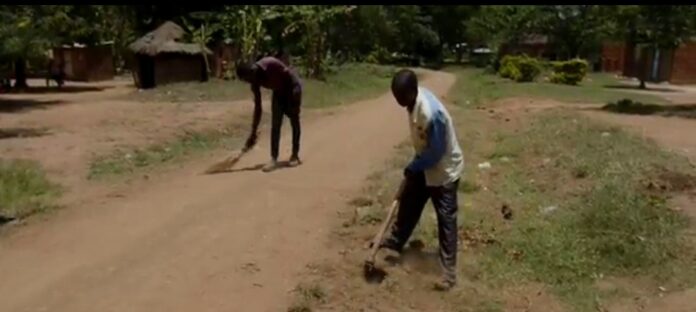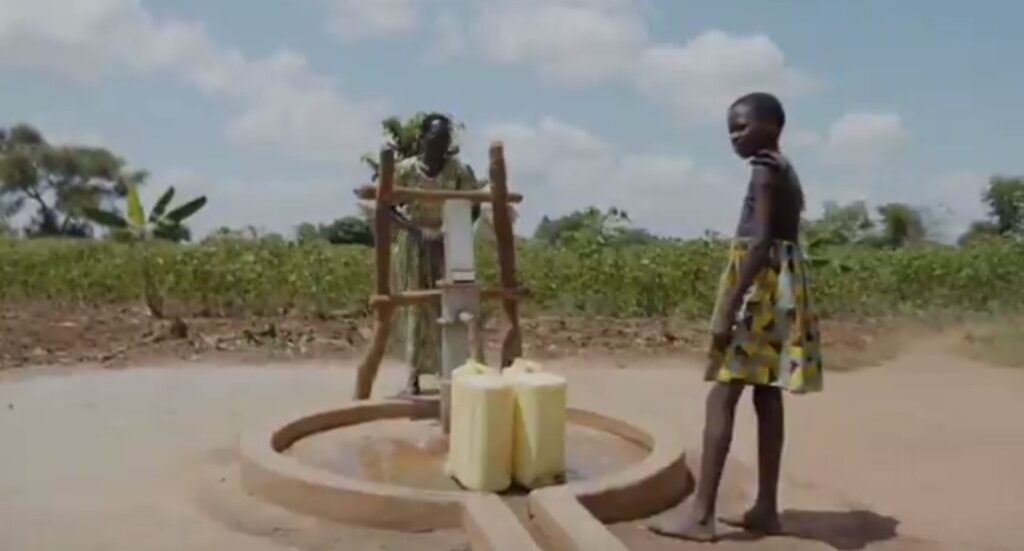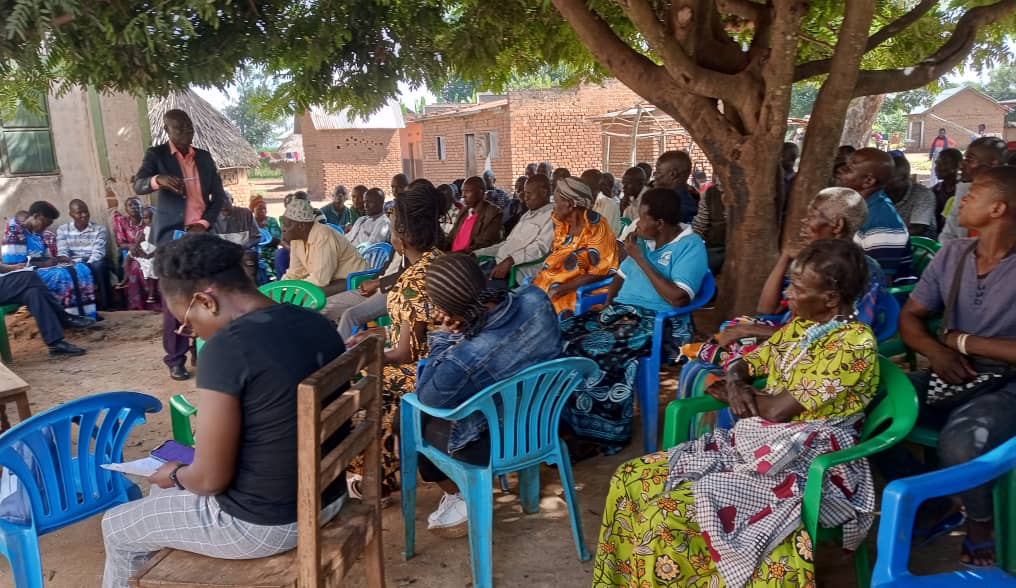
Namutumba – In a significant shift towards community-led development, residents in five districts across Uganda, including Kamuli, Kole, Kyenjojo, Namutumba, and Kamuli, are taking charge of their own progress. Through the Participatory Action Research (PAR) Model, implemented by Twaweza East Africa in partnership with local civil society organizations, communities are identifying and addressing their unique challenges.
The PAR Model, which has been implemented since 2020, seeks to empower citizens to be active participants in determining how they are governed. This is particularly important in Uganda, where citizens’ involvement in their governance has been low due to limited interaction with their leaders and a lack of a citizen reporting mechanism on matters concerning their social and economic welfare.
In Kole district, for example, residents have come together to address issues such as lack of access to clean water, poor road conditions, and limited healthcare services. Okello Peter Awongo, a resident of Amiabil village, Okwelodot Subcounty, Kole district, testified to the impact of this community-driven approach. “We had only one borehole, but after coming together, two more were constructed. We now have three new boreholes and an additional borehole for irrigation,” he said.
Sandra Auma, Programs Coordinator for Ama Cradle for Development (AMACOD) in Kole district, noted that the program has empowered communities to take action and engage with their leaders. “Communities are now able to identify their challenges, prioritize them, and come up with action plans to address them,” she said.

In Kamuli District, residents of Busongole Village have made remarkable strides in improving their community. Through their collective efforts, they successfully lobbied for the construction of four boreholes, benefiting 730 households and over 1,900 residents.
Building on this momentum, the community is now advocating for the establishment of a vocational school to address the pressing issue of teenage pregnancies. In a show of commitment and solidarity, one resident, Wilber Omudinyi, has generously donated an acre of land for the school’s construction. Others have pledged to contribute essential materials, such as bricks among others.
This proactive approach, according to locals, is designed to demonstrate their readiness to potential partners, ensuring a seamless project kickoff.
Hellen Azira, project officer for AIDS Education Group for Youth (AEGY) in Kamuli, noted that the PAR model has helped revive village meetings in the area. “People had abandoned community work, but now we see every month people sit together and find out how to go about pressing problems in their villages. Through these meetings, they have been able to demand services from duty bearers,” said Azira.
In Namutumba district, residents of Bunyekero village in Nabweyo Subcounty identified the lack of a secondary school as one of their pressing need. Through persistent advocacy, including numerous letters and meetings, the residents successfully lobbied for the establishment of Nabweyo Seed School, which now benefits the entire Sub-County.
Rodgers Zikulabe, a resident of the village, said that through their village committee, they were also able to request clean water sources. “We have been assured that we shall get a borehole in the 2025/2026 financial year budget,” he said.

David Mukisa, the district chairperson for Namutumba, announced that plans are underway to build a health center in Bunyekero village, as requested for by the residents. Speaking during a meeting convened by the NGO Forum and Twaweza, Mukisa also highlighted the importance of community maintenance of government facilities. “Whatever the government does is all ours, so we must maintain it,” he said.
Judith Nakayima, Programs Officer for the Participatory Action Research (PAR) Model, emphasized the importance of community-led development. “We can’t wait for the government to solve all our problems. When a community is organized, it’s very easy for the government to respond to them,” said Nakayima during a visit to Kamuli district last week to screen the successes of the program.
The PAR Model has been piloted in ten districts in Uganda and Tanzania, and findings have shown that once communities learn how to use the Participatory Action Research tools, they gain courage, confidence, and the skill of knowing which office to go to in pursuit of particular services with clarity on the kind of questions to ask as they negotiate for better service delivery.
The PAR Model has provided a framework for communities to identify, prioritize, and address their challenges. The program has also promoted transparency and accountability in governance. By providing a platform for citizens to engage with their leaders, the program is helping to build trust and foster constructive dialogue.

